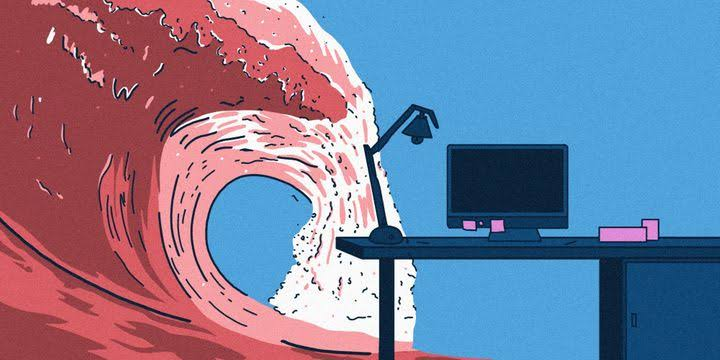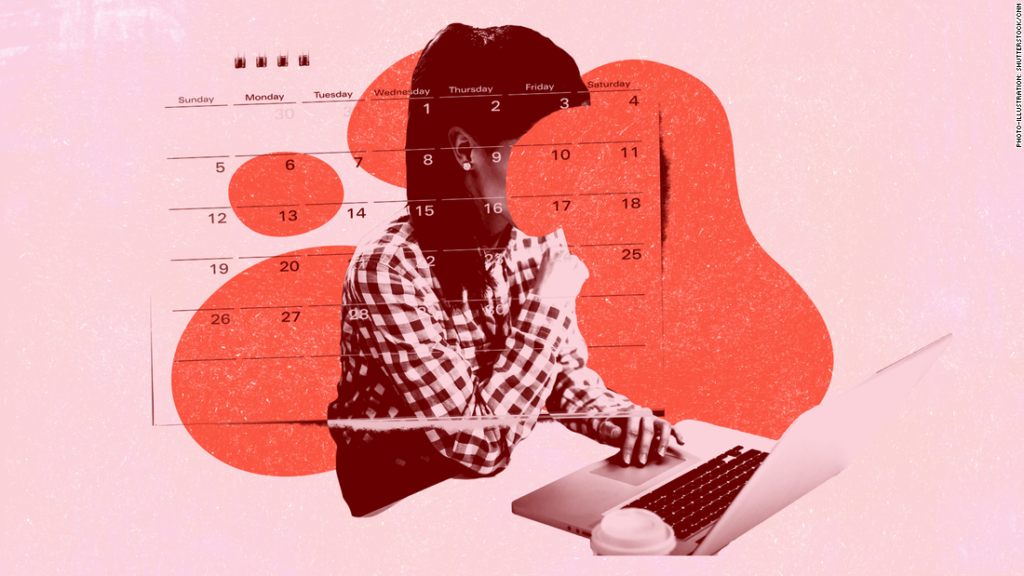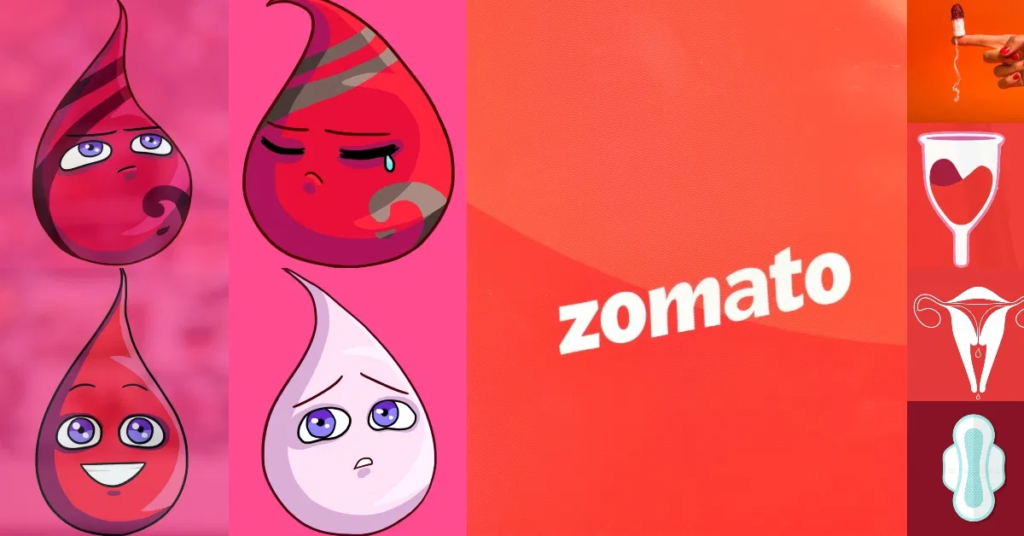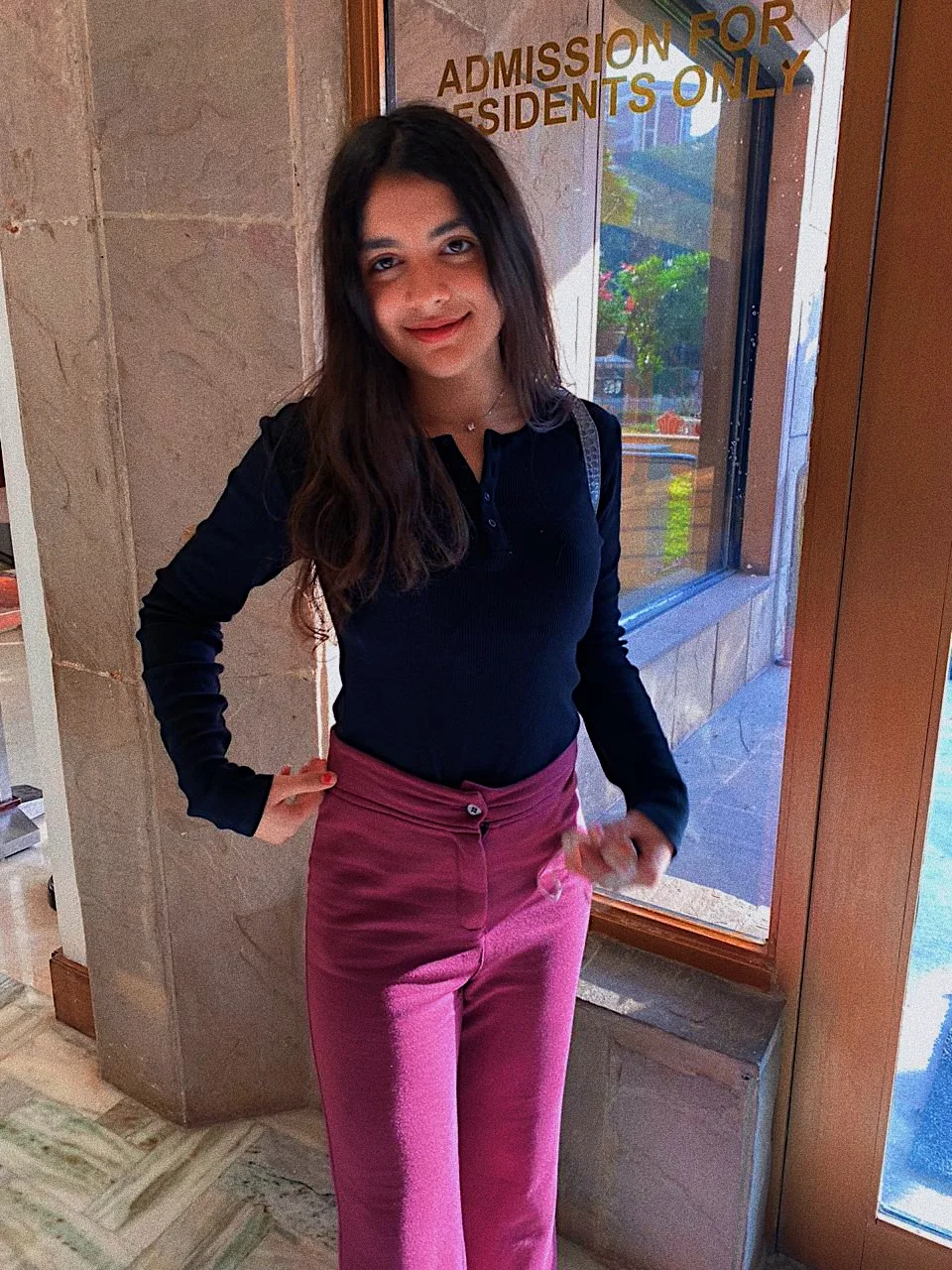The Bloody Debate: Both Sides Of The Period Leave Policy
We can all agree that periods are a subjective experience in themselves, not all women experience periods alike. Some women have heavy periods, while some women have light periods; others may have periods that last a week and some women have periods that last 3 days; some women experience heavy menstrual cramping whereas some women are lucky enough to experience minimal to no pain during periods. There is no one size fits all philosophy for menstruation. Building on that, the period leave debate was triggered by Zomato’s new policy to provide 10 days of annual period leaves to each woman.
Many countries like Taiwan, Zambia, Indonesia, and South Korea already provide their female employees with paid period leaves. However, there are sundry views on the period-leave debate and whether the respite it provides women suffering from dysmenorrhea, a condition where women experience heavy cramping and pain during their periods is worth it or not.
Many companies like Zomato and Culture Machine have tried to introduce period leaves as a method to destigmatize menstruation and to make an empathetic policy for women employees. However, the period leave debate has itself polarised the female population.

Period Leaves: Yay or Nay?
Welcoming & Progressive
Some women’s rights activists have welcomed the policy, labeling it progressive and forward. This move has also been appreciated because of how it will normalize period pains and the discomfort that is caused by period pains. Working women have had to stay quiet and keep their period pain clandestine for long-overdue or take sick leaves for their period pains, eventually leaving them with no sick leaves for when the said circumstance appears. Many people have brought up historic examples, recalling how similar opposition was shown towards maternity leave and how it has today become a normative and essential practice.
Further Appreciation
In 2018, India’s Supreme Court overturned a decades-long ban on menstruating women entering the Sabarimala temple in the southern state of Kerala, leading to a nationwide debate about women’s rights. The new period-leave policy has further accelerated the improving status of period leaves in the country by at least normalizing a conversation on menstruation.
Many supporters of said policy have appreciated how period leaves ensure representation of the narrative of women with polycystic ovaries and endometriosis for whom periods are especially painful. Women who suffer from such debilitating period pain are in this way accounted for in corporate structure where their needs are automatically taken care of, in the form of menstrual leave.

Gender-biasness & Unequal Opportunities
However, on the other side of the coin, many women (and men) have argued against period leaves. They fear that this will make cis women seem to like the weaker gender and deprive them of equal opportunities and promotions in the workplace. Many feminists have also taken pride in their periods, refusing them to be labeled as a “sickness”.
Menstrual leaves like this promote gendering of the workplace and make it more difficult for women to achieve senior positions and progress in their career. They may enable a culture or mindset where women find it difficult to be hired because of their biology. Period leaves may be just another excuse to alienate the women workforce (an already falling figure, now only at a 23% participation) and may be counterintuitive to the plight of women to attain equality in the workplace.
Biological Essentialism
Barkha Dutt, one of the most known journalists of India who has herself been known as someone who has time and again broken the glass ceiling has had her own loud opinions on it. According to her, a policy like this will only ghettoize women and create biological essentialism in the workplace. As a woman in the male-dominated journalism industry, she has admitted to being victim to a myriad of challenges and how they have impacted her journey as a top-ranked journalist. A strong argument has been raised against the generalization of women who need menstrual leaves.

My personal two cents
Personally, I feel that the title of a period leave may do more harm than good, albeit it is an incredibly progressive and reformist move. My apprehension lies not in the notion to destigmatize periods and cater to the needs of the women but how a leave like this will be preposterous in the odyssey of making the workplace equitable for women. While biological differences exist and should be respected, the concept of period leaves brings out these biological differences in a nuanced, explicit, and forth-right manner. This in turn will sign women up for higher levels of discrimination or differential treatment.
I personally would not like people around me to know when I’m menstruating until and unless I am in extreme pain or discomfort. This opinion comes not from a place of pushing the conversation of periods under the rug but rather the subtle consequences that follow when I bring up my periods. For example, people are more likely to talk to me extra-politely and all my behavior and actions will be credited to be a product of my periods.
Conclusion
Many women and policymakers have tried to bridge this gap between women who would like period leaves and women who are against the concept of period leaves. They have proposed other alternatives like increasing the number of sick leaves for both men and women. Such an initiative in my opinion also prevents an office culture based on biological determinism and also ensures equality. Offices can also include beds, resting areas, infirmaries, hot water bottles, and hot water for women who experience pain and would like to take a breather. A conversation on how to tailor a sensitive policy, that includes women workers who suffer from diseases like endometriosis and PCOS is necessary to create a workspace that is inclusive and adjusts the opinions of all.
Graphic design by: Ruta Shelke
Author

